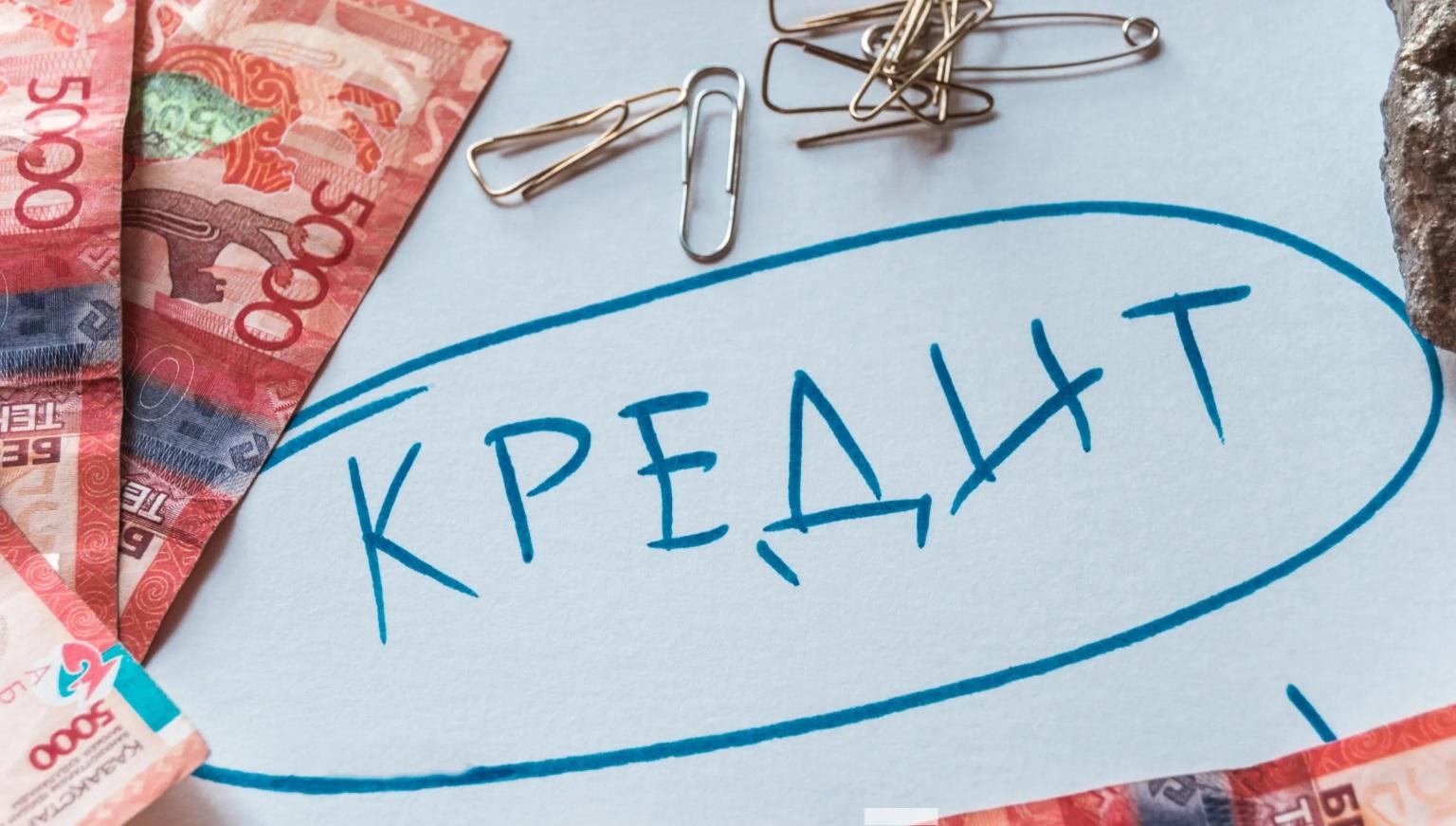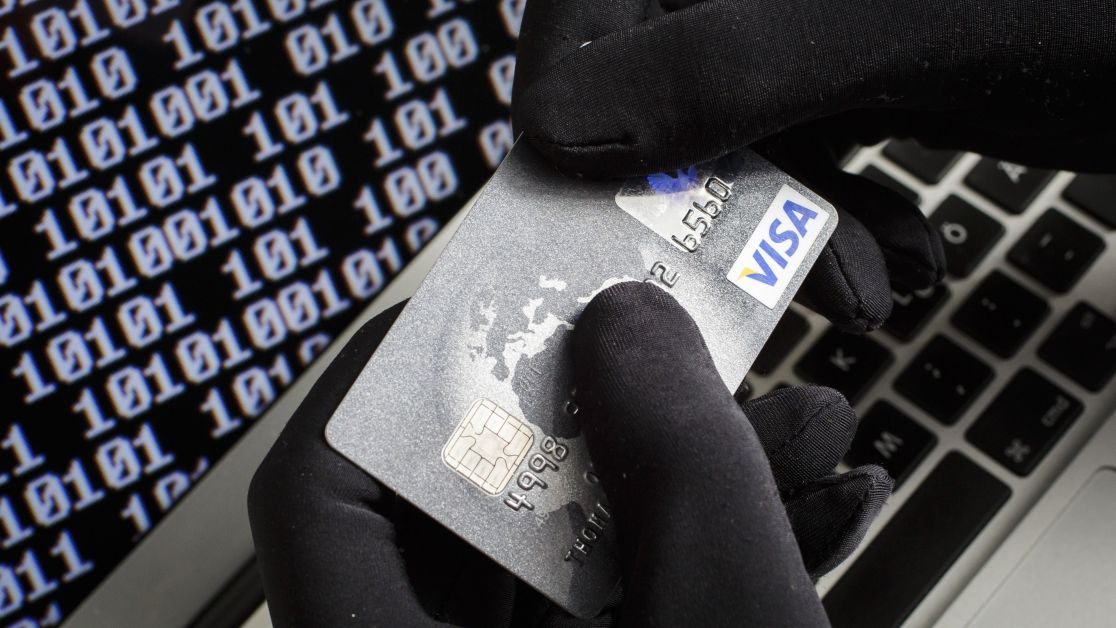Currently, there are many microcredit organizations that provide loans almost without any problems. To obtain them, it is enough to enter personal data on the organization's websites, which include:
- passport number and series;
- identification code;
- phone number;
- email;
- card number to which the money needs to be credited.
This is the information that fraudsters are after.
Credit Fraudsters
Online fraudsters have long learned how to use schemes to obtain other people's personal information, which allows them to take out loans in the names of others, but the money goes to them, the fraudsters. There are many different schemes they use.
One such method is offering jobs with money transfers. Fraudsters post information about remote work, attracting with minimal time investment and decent earnings in a short time, but for this, you need to go through a survey that requires entering personal information. Connecting with the victim over the phone, scammers pose as employees of banks or financial organizations to communicate with the prospective employee.
Under the guise of an interview, the victim does not suspect that at this moment, verification for obtaining a loan is taking place. Fraudsters also request access:
- to credit history;
- to the banking application;
- they suggest entering additional codes for passing a fake payment interview.
Having obtained such information, fraudsters take out a loan, but only to their card, leaving the victim with debts that they will have to pay. Proving one's innocence in such a situation will be very difficult.
Loan Scams
There is a situation where fraudsters search for debtors on loans in microfinance organizations. Then they contact them and offer to write off debts or interest and remove negative credit history for a small fee.
The delighted debtor may believe the fraudsters and provide the requested information, not even suspecting that they are becoming a victim of fraudsters and allowing a new loan to be taken out in their name.

In this scheme, fraudsters ask for scanned copies of documents: passport, identification code, registration, and also provide access to the personal account of the microfinance company, claiming they have connections in the credit bureau and can solve problems quickly.
Receiving such an offer, you need to stop and think, do not agree to such things, these proposals are always fraudulent and will not help solve debt problems, but will only lead to more significant troubles.
Fake Creditors
Sending phishing messages through social networks, SMS messages, fraudsters hope to find a person who needs a loan. Often, fraudsters not only take out loans in their name but also pose as creditors, albeit fake ones. Providing a loan to a user who follows a phishing link, fraudsters promise to give a loan at favorable interest rates. Next, it turns out that you have to pay several times more, the interest rates are astronomical, and any delay incurs a large penalty. Thus, a person falls into a debt trap from which it is impossible to escape.
Additionally, fake creditors provide information about microcredit organizations and offer to take a loan through their supposedly intermediary firm for a small percentage of the arranged loan
Borrower Protection
When taking out any loan, it is mandatory to sign a contract, which is the main protection when borrowing. Before signing it, carefully read the document's content to check for:
- loan provision guarantees;
- description of force majeure situations;
- absence of hidden fees;
- suspicious fine print.
Always sign documents only after thoroughly reviewing the terms. If you understand the contract well, you ensure yourself a fair loan on suitable terms.
If situations arise where creditors violate contract terms and charge, for example, astronomical interest or additional fees not mentioned in the contract, you can confidently file a report with the police. Most likely, such creditors are fraudsters who ignore contract terms.
In any case, if possible, borrow money elsewhere or from close people, it is better to do so to avoid dealing with microfinance organizations. These are not banks, which provide more rights to the borrower.
 >
>